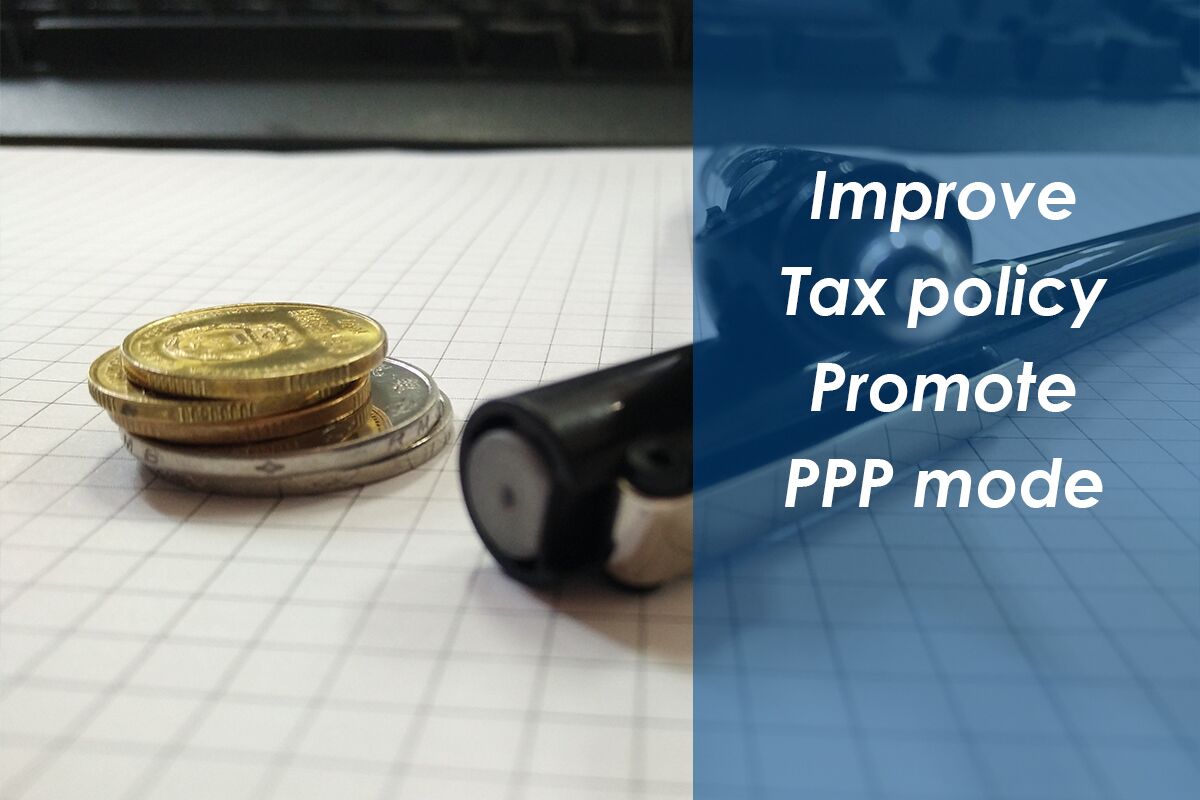Fleshing out the Preferential Tax Policies to Stimulate the Potential of PPP Model
2017-07-04

By Zhao Fujun, Huang Dongdong & Guo Wei, DRC
2017-5-25
In recent years, China has been continuously improving the tax preferential policies relevant to the development of public services. However, preferential tax policies targeted specifically at the PPP model (public-private-partnership) have not yet to be formulated. Consequently, it’s urgent for China to speed up perfecting the preferential tax policies adapted to the development of the PPP model, so as to stimulate the model’s potential of levering the development of public services.
The current preferential tax policies have the following characteristics. First, instead of offering direct policy support as per the development characteristics of the PPP model, we need to advance the development of the PPP model by continuously improving and promoting the tax preferential policies related to the development of public services so as to gradually establish the tax preferential policy system. Second, some of the tax preferential policies that boost the development of public services are mainly related to the government and public institutions. Third, the preferential policies for some tax categories are targeted mainly at public services.
Reasons why some of the tax preferential policies are not suitable for the development of the PPP model. First, preferential policies for the land use tax, property tax, deed tax and etc. are mainly related to the government and public institutions, which do not have a strong adaptability for the PPP model. Second, the number of tax preferential policies for public services is relatively limited. Third, the period for tax preference is relatively short. Fourth, some preferential policies relevant to the development of the PPP model require further improvement.
Suggestions on speeding up perfecting the relevant tax preferential policy system. First, we need to speed up exploring the ways to establish the tax preferential policy system adapted to the development of the PPP model. Second, we need to flesh out the current tax preferential policies for the development of the PPP model as soon as possible. Third, we need to speed up the introduction of the tax preferential policies targeted at asset transfer in line with PPP model.














